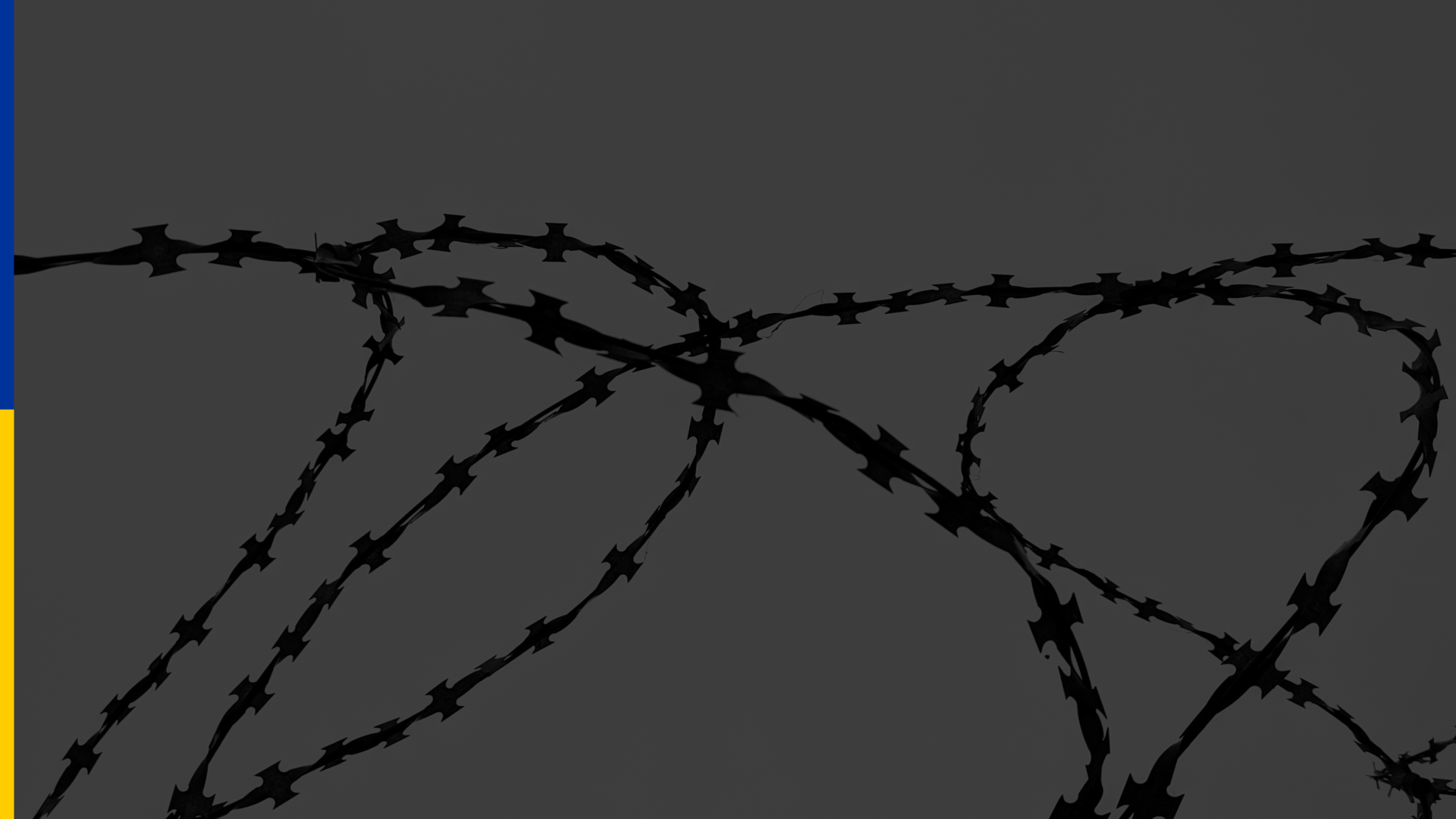Speakers
- Maria Kurinna, ZMINA Human Rights Center
- Iryna Siedova, Crimean Human Rights Group
- Mariia Sulialina, CCE Almenda
- Kateryna Yesypenko, wife of political prisoner & Crimean journalist, Vladyslav Yesypenko
- Leviza Dzhelyalova, wife of political prisoner & first deputy of the Mejlis of the Crimean Tatar People, Nariman Dzhelyal
Moderated by Dave Elseroad, Human Rights House Foundation
Event description
Even prior to Russia’s renewed invasion of Ukraine in February 2022, Ukrainian and international human rights organisations, and the OSCE Monitoring Mission to Ukraine reported severe violations of human rights in occupied Crimea; including, enforced disappearances, torture, extrajudicial punishment, and politically motivated persecution and deprivation of liberty of Crimea activists and human rights defenders, especially Crimean Tatars. Occupied Crimea was consistently ranked as unfree on global freedom indices and annual United Nations General Assembly resolutions pointed to on-going human rights abuses on the peninsula. However, since Russia’s renewed invasion of Ukraine, the situation in Crimea has not received sufficient international attention.
In the six months since the start of Russia’s renewed invasion of Ukraine, occupied Crimea remains a location of severe human rights violations and increasing militarisation by Russian authorities. As of July 26, 2022, atleast 140 citizens of Ukraine have been deprived of liberty due to politically and/or religiously motivated criminal prosecution. Increasingly draconian laws limiting the media freedom and freedoms of assembly, association, and expression and opinion in Russia continue to be applied in occupied Crimea.
This side event allows an opportunity for civil society organisations to share new wide-ranging research and documentation on human rights violations in Crimea, including on-going political persecution, as well as the human rights implications for increasing militarisation of the peninsula. It will also focus on the next steps for OCSE participating States to support Ukrainian human rights defenders, civil society, and citizen journalism in Crimea, as well as reflect on de-ocuppation strategy.





